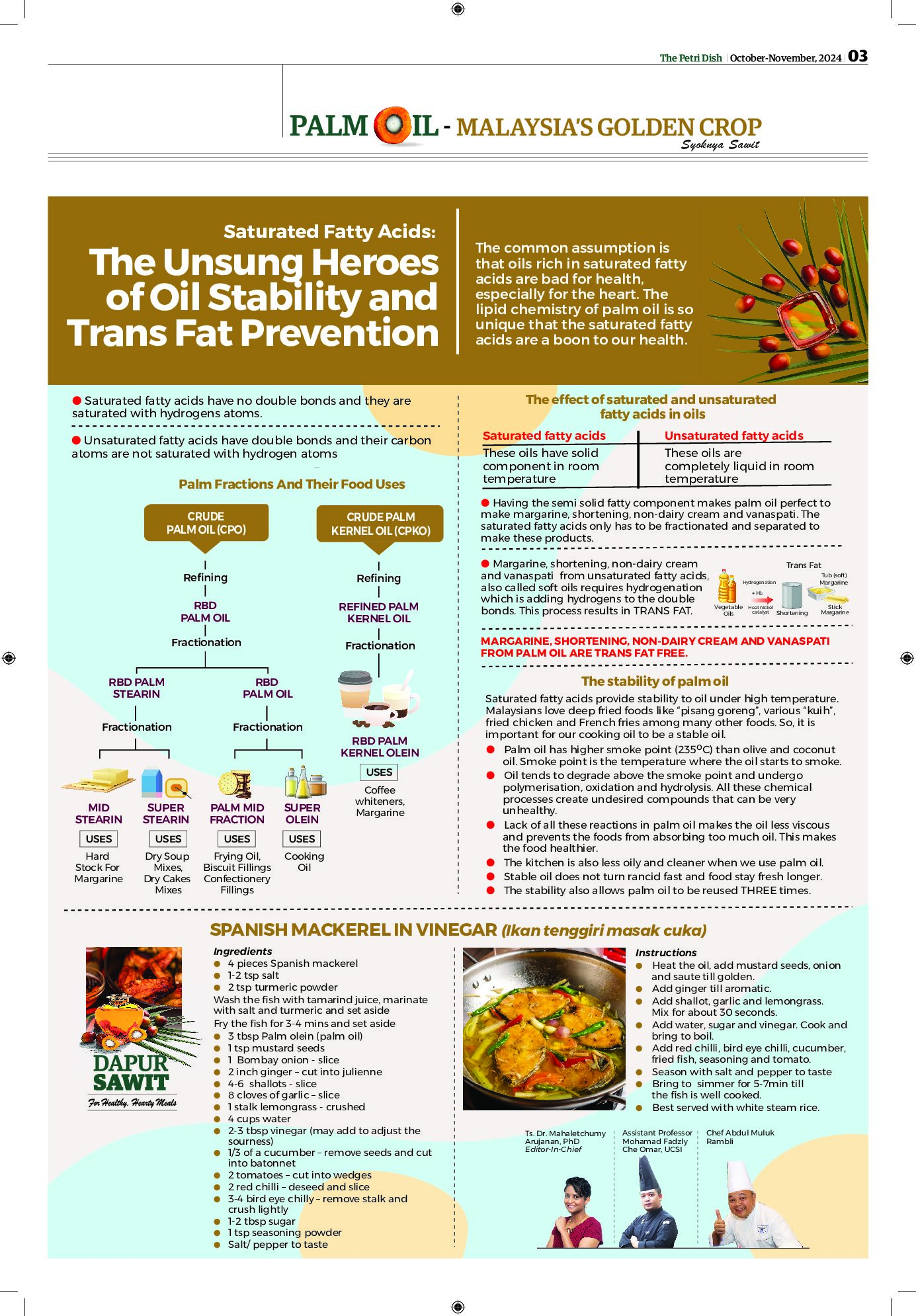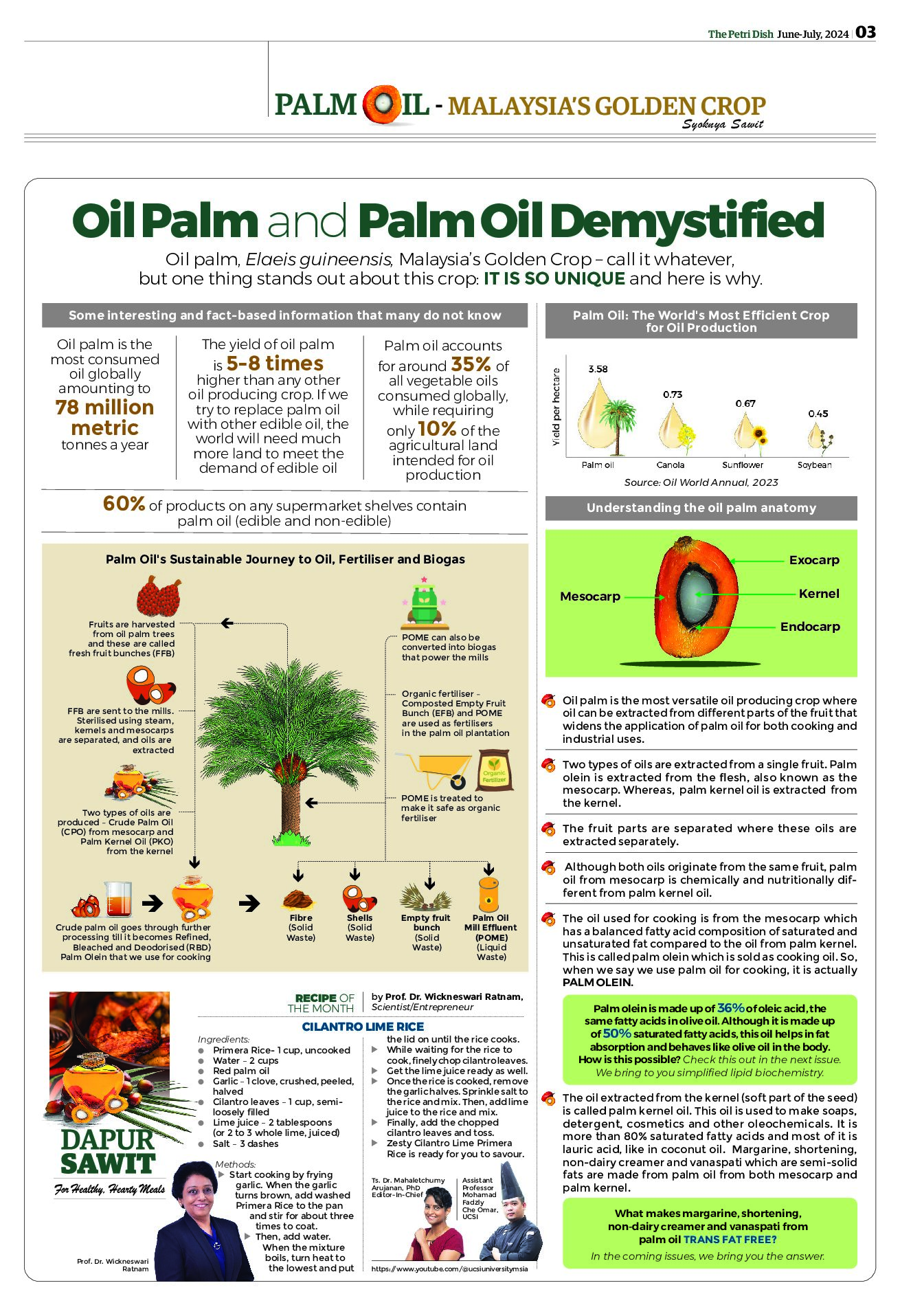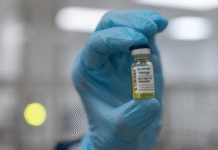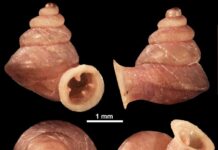
NEW research published in The Lancet shows that an experimental HIV-1 vaccine regimen is well-tolerated and generated comparable and robust immune responses against HIV in healthy adults and rhesus monkeys. Moreover, the vaccine candidate protected against infection with an HIV-like virus in monkeys.
Previous HIV-1 vaccine candidates have typically been limited to specific regions of the world. The experimental regimens tested in this study are based on ‘mosaic’ vaccines that take pieces of different HIV viruses and combine them to elicit immune responses against a wide variety of HIV strains.Based on the results from this phase 1/2a clinical trial that involved nearly 40 healthy adults, a phase 2b trial has been initiated in southern Africa to determine the safety and efficacy of the HIV-1 vaccine candidate in 2,600 women at risk for acquiring HIV. This is one of only five experimental HIV-1 vaccine concepts that have progressed to efficacy trials in humans in the 35 years of the global HIV/AIDS epidemic.
“These results represent an important milestone. This study demonstrates that the mosaic Ad26 prime, Ad26 plus gp140 boost HIV vaccine candidate induced robust immune responses in humans and monkeys with comparable magnitude, kinetics, phenotype, and durability and also provided 67% protection against viral challenge in monkeys,” says Professor Dan Barouch, Director of the Center for Virology and Vaccine Research at Beth Israel Deaconess Medical Center and Professor of Medicine at Harvard Medical School, Boston, USA who led the study.
He adds: “These results should be interpreted cautiously. The challenges in the development of an HIV vaccine are unprecedented, and the ability to induce HIV-specific immune responses does not necessarily indicate that a vaccine will protect humans from HIV infection. We eagerly await the results of the phase 2b efficacy trial called HVTN705, or ‘Imbokodo’, which will determine whether or not this vaccine will protect humans against acquiring HIV.”
Almost 37 million people worldwide are living with HIV/AIDS, with an estimated 1.8 million new cases every year. A safe and effective preventative vaccine is urgently needed to curb the HIV pandemic.
In the 35 years of the HIV epidemic, only four HIV vaccine concepts have been tested in humans, and only one has provided evidence of protection in an efficacy trial — a canarypox vector prime, gp120 boost vaccine regimen tested in the RV144 trial in Thailand lowered the rate of human infection by 31% but the effect was considered too low to advance the vaccine to common use.
A key hurdle to HIV vaccine development has been the lack of direct comparability between clinical trials and preclinical studies. To address these methodological issues, Barouch and colleagues evaluated the leading mosaic adenovirus serotype 26 (Ad26)-based HIV-1 vaccine candidates in parallel clinical and pre-clinical studies to identify the optimal HIV vaccine regimen to advance into clinical efficacy trials.
The APPROACH trial recruited 393 healthy, HIV-uninfected adults (aged 18-50 years) from 12 clinics in east Africa, South Africa, Thailand, and the USA between February 2015 and October 2015. Volunteers were randomly assigned to receive either one of seven vaccine combinations or a placebo, and were given four vaccinations over the course of 48 weeks.
To stimulate, or ‘prime’, an initial immune response, each volunteer received an intramuscular injection of Ad26.Mos.HIV at the start of the study and again 12 weeks later. The vaccine containing ‘mosaic’ HIV Env/Gag/Pol antigens was created from many HIV strains, delivered using a nonreplicating common-cold virus (Ad26).
To ‘boost’ the level of the body’s immune response, volunteers were given two additional vaccinations at week 24 and 48 using various combinations of Ad26. Mos.HIV or a different vaccine component called Modified Vaccinia Ankara (MVA) with or without two different doses of clade C HIV gp140 envelope protein containing an aluminium adjuvant.
Results showed that all vaccine regimens tested were capable of generating anti-HIV immune responses in healthy individuals and were well tolerated, with similar numbers of local and systemic reactions reported in all groups, most of which were mild-to-moderate in severity. Five participants reported at least one vaccine-related grade 3 adverse event such as abdominal pain and diarrhea, postural dizziness, and back pain. No grade 4 adverse events or deaths were reported.
















